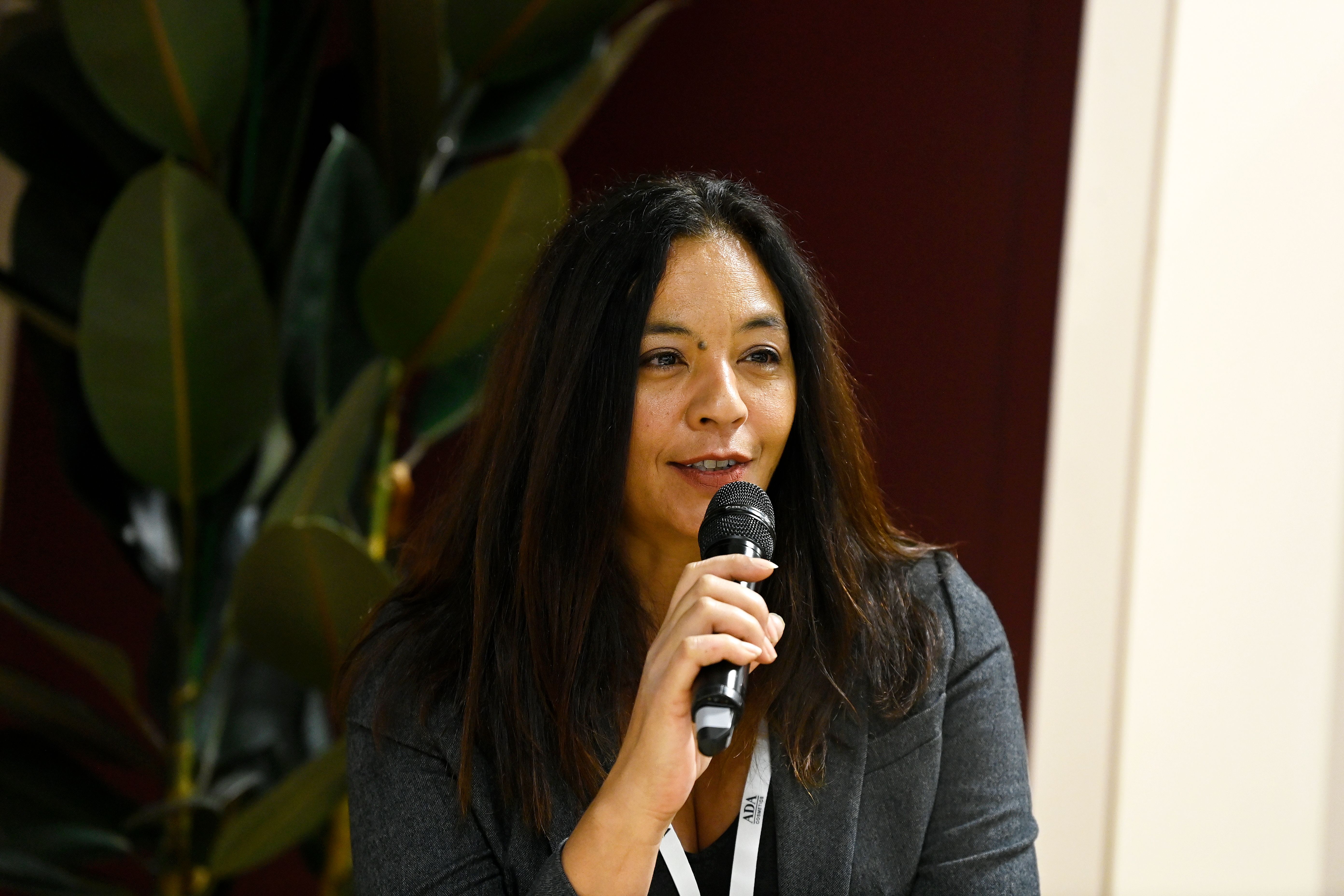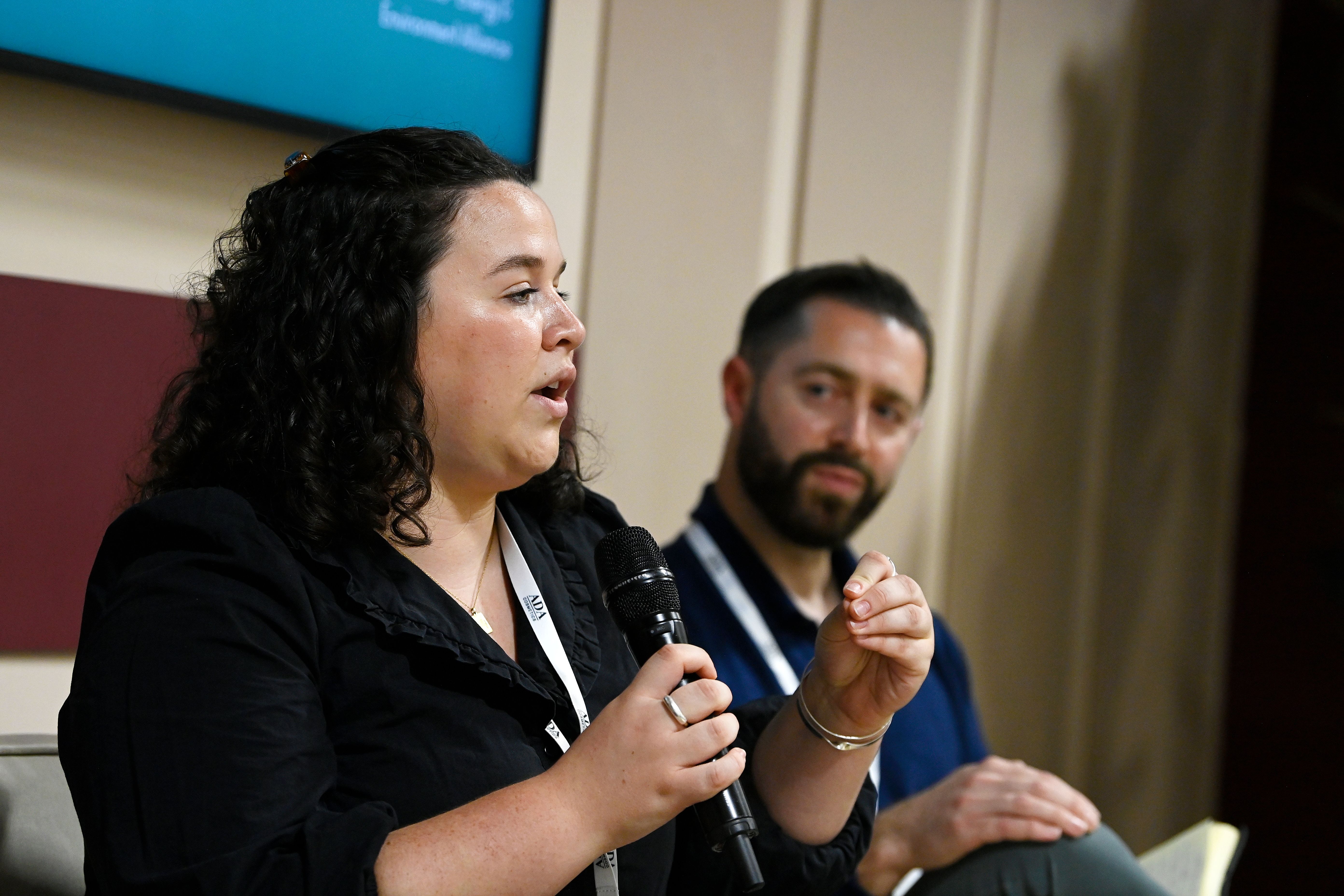Commercially Intelligent Sustainability: Doing Well While Doing Good
The Sustainability Through a Commercial Lens session at IHS25 brought together leading voices who are reshaping how the industry thinks about responsible operations. Speakers included Ufi Ibrahim, CEO of the Energy and Environment Alliance, and Mark Lewis, CEO of Hospitality Action.
Their central message was clear. Sustainability is not a cost. It is a commercial opportunity that strengthens profitability, reduces waste, and builds long term resilience.
Sustainability as a Strategic AdvantageThe conversation at IHS25 made it clear that the commercial benefits of climate conscious operations extend far beyond energy savings. When done purposefully, sustainability becomes a driver of efficiency, liquidity, and reputation.
 Ufi Ibrahim highlighted a powerful example of how smarter resource management delivers real financial impact:
Ufi Ibrahim highlighted a powerful example of how smarter resource management delivers real financial impact:
“We worked with one food waste management company. They helped improve forecasting and food costing and it delivered savings of one point five million euros within the first year alone.”
This case shows how operational sustainability can lift both margins and environmental impact at the same time.
Doing Well While Doing GoodFor independent hotels, the opportunity is twofold. First, sustainable decisions often reduce costs in areas such as utilities, waste, and supply chains. Second, they resonate strongly with modern travellers who want their spending to reflect their values.
Guests are increasingly prioritising brands that act responsibly. This means that sustainability, when delivered authentically, becomes a reason to book, a reason to stay loyal, and a reason to recommend.
Ufi Ibrahim summarised this shift with a simple but powerful message:
“It is about doing well while you are doing good.”
Moving Beyond Surface Level ActionsOne of the strongest themes of the session was the need to move away from surface level sustainability. Single actions, certifications, or marketing claims are no longer enough.
Instead, IHS25 speakers encouraged hotels to embrace sustainability as a full business strategy. This may include reviewing energy systems, improving procurement, introducing better forecasting tools, or designing more circular waste processes.
procurement, introducing better forecasting tools, or designing more circular waste processes.
Independent hotels, with their agility and entrepreneurial mindset, are well positioned to lead.
Sustainability is no longer about choosing between purpose and profit. The most successful hotels are proving that both can work together to build stronger, smarter, and more resilient businesses.
The future belongs to brands that take meaningful action and show guests that positive impact can be part of an exceptional stay.
)
)
)
)
)
)
)
)
)
)
)
)
)
)
)
)
)
)
)
)
)
)
)
)
)
)
)
)
)
)
)
)
)
)
)
)
)
)
)
)
)
)
)
)
)
)
)
)
)
)
)
)
)